
8 ways to make miserable Hong Kong a happier place in 2018
City Weekend speaks to specialists, politicians and advocates to find out how to help Hongkongers rediscover happiness and make the city a more enjoyable and liveable place in the coming year
Hong Kong ushered in the new year amid reports that it is one of the least happy places in the world, a phenomenon that a psychologist believes is mostly caused by people setting unrealistic goals.
The city is ranked the seventh least happy in the world behind war-torn places such as Iran, Iraq, and Ukraine, according to a survey by US-based research organisation Gallup International.
Fiji is listed as the happiest nation, followed by Colombia and the Philippines.
The survey polled 5.3 million people around the world, including 500 Hongkongers, between last October and December to study if they felt happy in the past year. Their happiness levels were rated based on age, income, lifestyle and education. However, the survey did not explore the reasons behind their emotional state.
Clinical psychologist Rachel Poon Mak Sui-man says the main problem is that most Hongkongers are too single-minded, focusing only on achieving their goals with little attention paid to the process or progress made while working towards their targets.
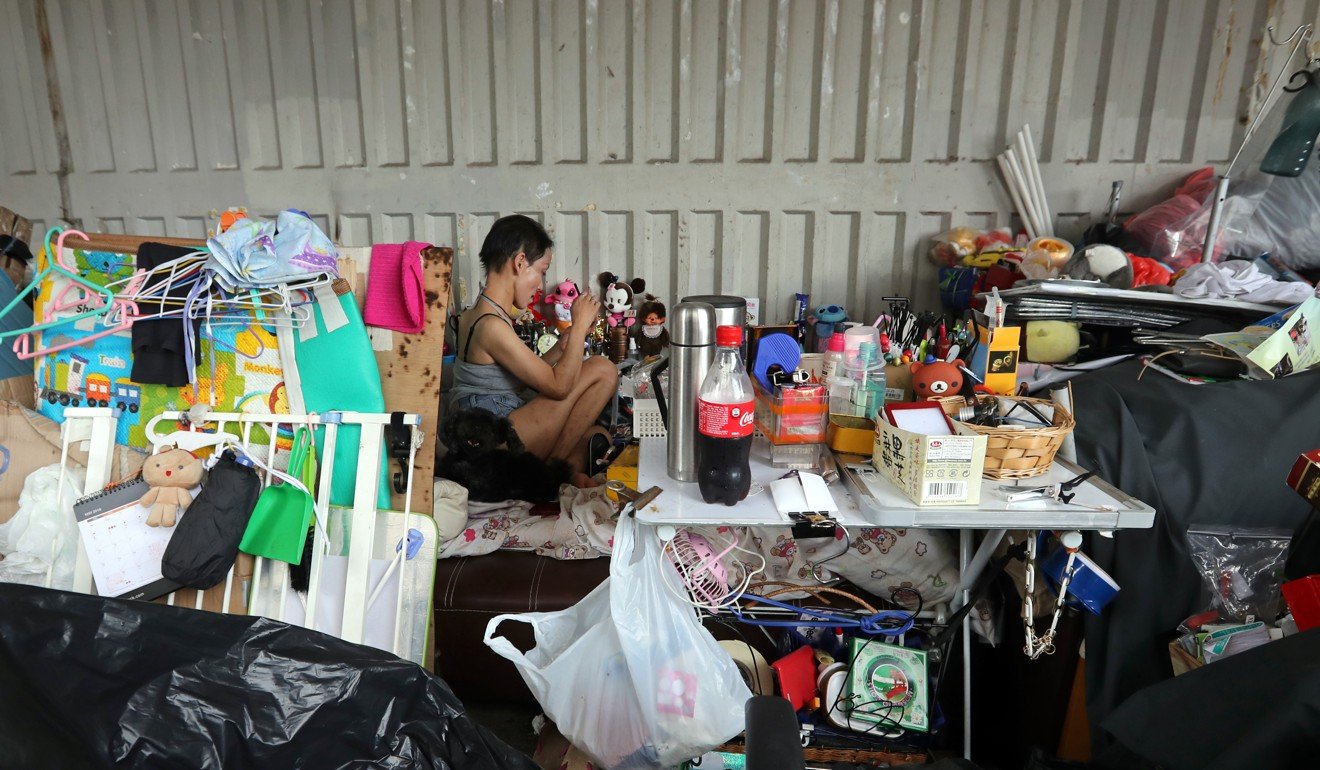
“In other words, they set goals that are out of their reach and when they are not able to achieve them, they feel discouraged and unhappy,” says Poon, the chairwoman of the Division of Clinical Psychology at the Hong Kong Psychological Society.
She suggests people in fast-paced Hong Kong adopt a step-by-step approach when it comes to setting and fulfilling their resolutions.
High housing costs to blame for young Hongkongers’ unhappiness, survey finds
“We live in such a result-oriented society that we often forget to pay attention to the progress made and appreciate what’s been achieved along the way,” she adds.
City Weekend speaks to specialists, politicians and advocates to find out how to help Hongkongers rediscover happiness and make the city a more enjoyable and liveable place in the coming year.
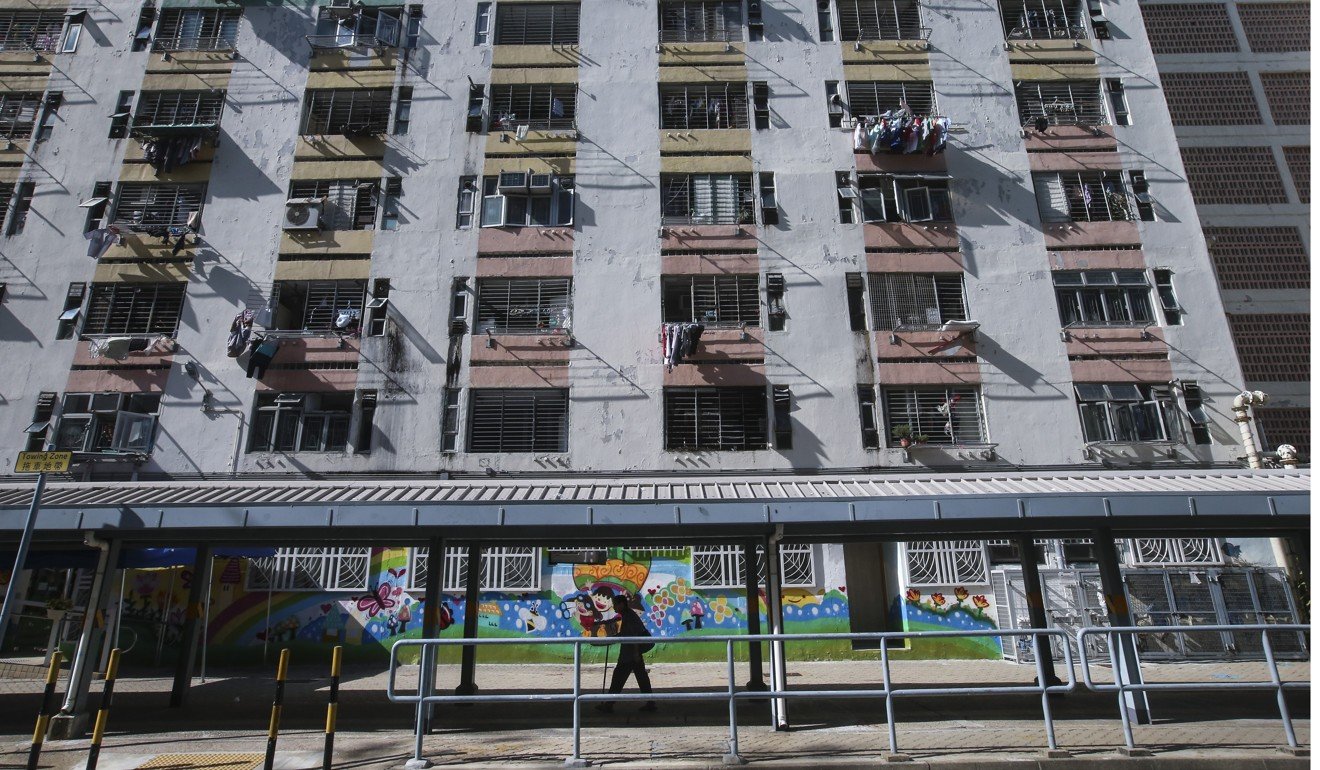
1. Accept sexual differences
In a continuing effort for greater acceptance, sexual minorities in Hong Kong want more protection of their rights. Brian Leung Siu-fai said change is coming. This after senior immigration officer Leung Chun-kwong and his husband, Scott Adams, won a landmark victory in a legal challenge against the secretary for the civil service and the commissioner of the Inland Revenue Department for refusing to recognise their union.
“This sets a game-changing precedent for future advocacy of same-sex marriage rights. And it’s the very first time a gay couple came out so boldly and unapologetically in the public eye to fight for their equal rights,” Brian Leung says. “They have set an example for the whole of Hong Kong to become more accepting towards minorities.”
Hongkongers frowning deeper as happiness index shows decline
Regardless of how a pending government appeal eventually turns out, Leung believes this has emboldened and empowered the movement.
In the coming months, he wants to see an anti-discrimination law be tabled and enacted.
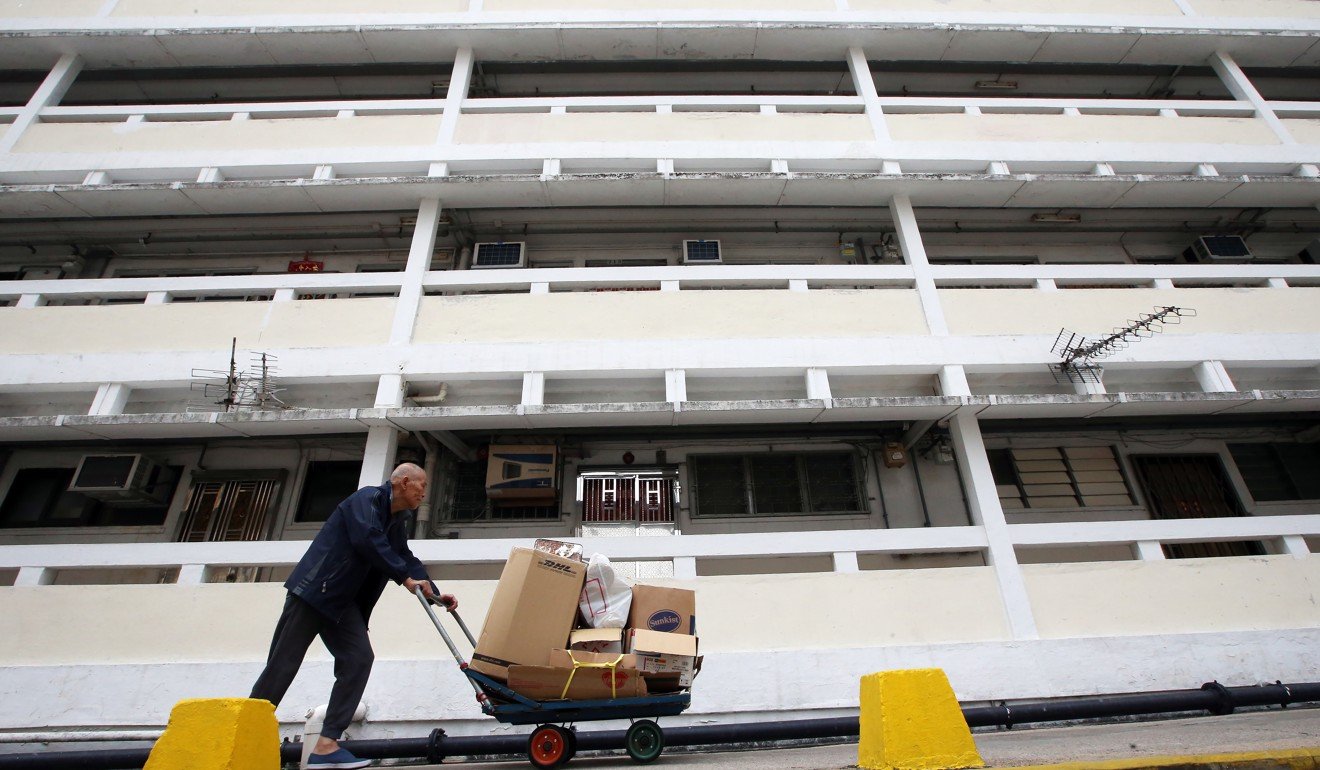
2. Eliminate wealth disparity
“The key to social coherence is bridging the wealth gap,” Professor Lau Siu-kai, vice-chairman of the Chinese Association of Hong Kong and Macau Studies, says. He believes it is time to address social injustice in the community in order for the city to become more harmonious in 2018.
“Many see the situation as an unfair distribution of wealth, and think that the government favours the rich which has led to youngsters thinking working hard does not always bring about a better future these days,” Lau says.
Lau also attributed the growing disparity to the widening differences in values and points of view between generations.
A Harvard psychologist says too many people think about happiness all wrong
“In the past, those who worked hard and took risks were rewarded with a better life. However, the same view is not shared by the younger generation today which has caused conflict and discontent.”
Lau suggested the government reformulate policies to reduce the income gap and increase job opportunities for young people.
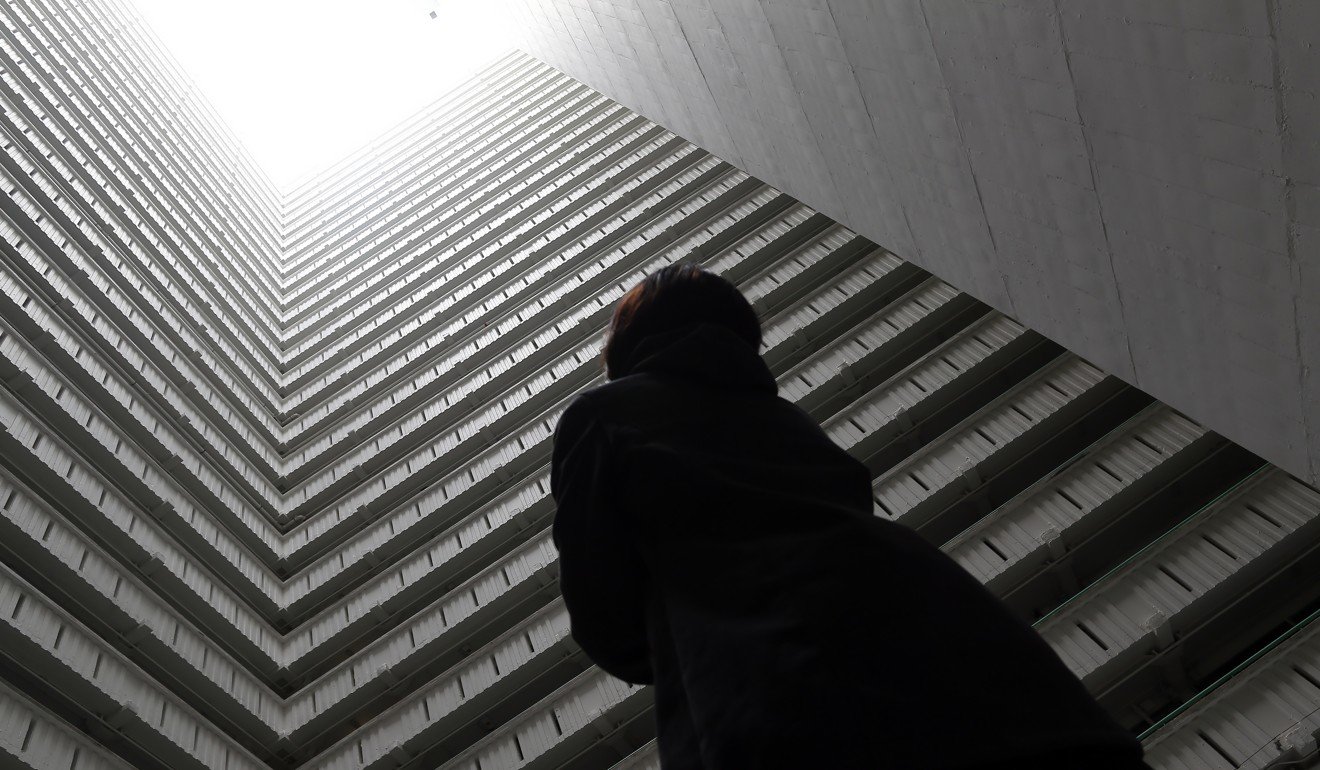
3. Support the mentally ill
Having a stress-free life can do a lot of good for one’s mental and physical well-being, but for those suffering from mental illnesses, life is hard and recovery is difficult.
Lawmaker Fernando Cheung says: “There’s at least a six-month queue to get a place in a consultation service that helps recovering mental health patients. During that waiting time, they are forced to live at home with no professional help which can worsen their condition because of a lack of knowledge in how to care for them.”
From the lack of residential places for the disabled to the inconsistent support from the government, Cheung said patients have a hard time transitioning back to a normal life.
A measure of happiness: Canada’s well-being index could be just what Hong Kong needs
“Providing proper care is crucial for their recovery, but currently a case manager has to handle many patients and staff shortages, meaning time spent on each patient is limited,” he says.
Cheung compares the city’s situation to other developed economies, such as the US, where case managers are only allowed to deal with a small handful of cases at a time, so as to ensure patients are properly cared for.
While the number of case managers will not increase substantially within this year, Cheung suggests a quick fix would be to utilise existing resources by providing specialist training for nurses and medical staff to treat patients as a stop-gap measure.
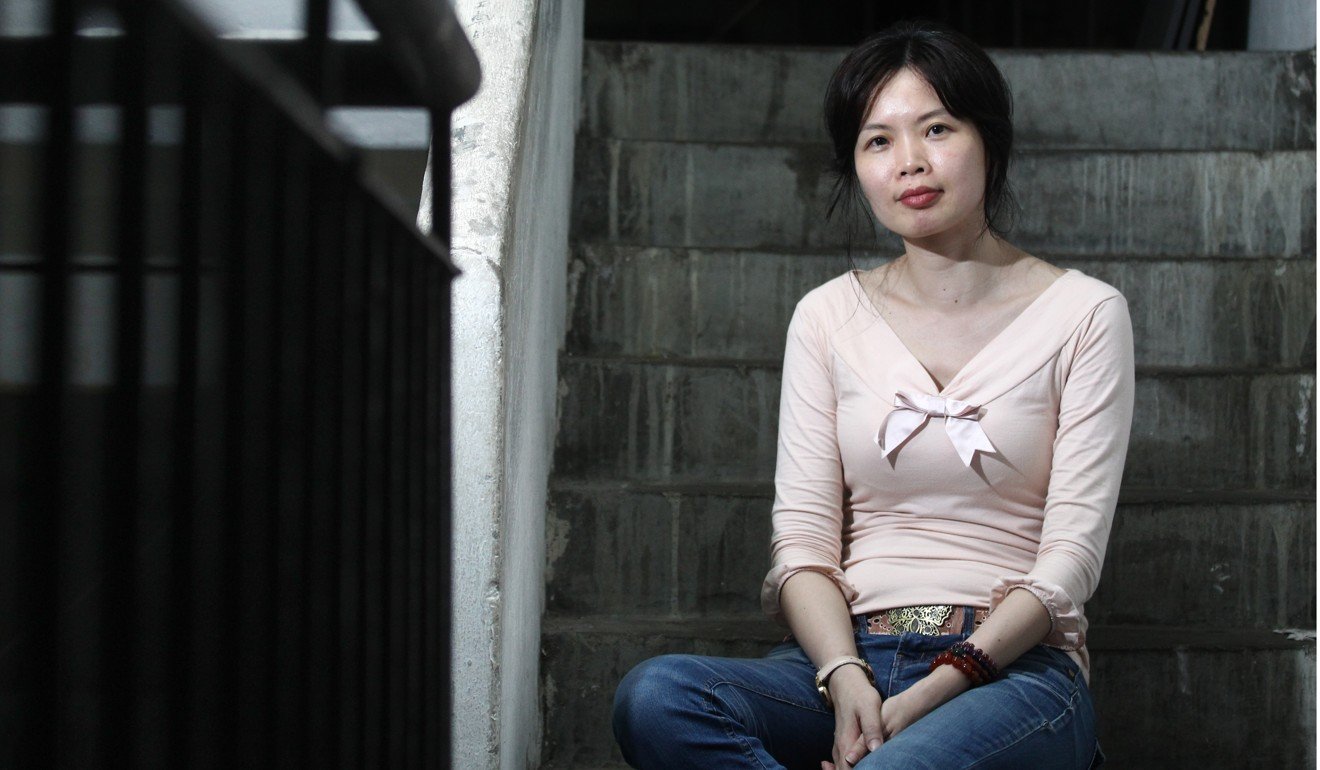
4. Fight for the grass roots
Alleviation work by the Hong Kong government to fight for the city’s grass roots families has been seen as a consistent failure in 2017.
“In the coming year, the administration’s top priority should be to work on housing those in desperate need,” says an organiser with the Society for Community Organisation who believes that Hong Kong’s exceptionally high rents and long queues for public housing have pushed the city’s poverty to the extreme.
Happiness of Hong Kong schoolchildren drops to new low, homework increases by up to 40 minutes a day: Lingnan University survey
More than a million people are living below the poverty line, Sze Lai-shan says, and authorities are still not making good use of vacant land to build more flats.
“This past year, officials have approved redevelopment plans for Hong Kong but have neglected the urgency to house those who live in unacceptable conditions,” Sze adds.
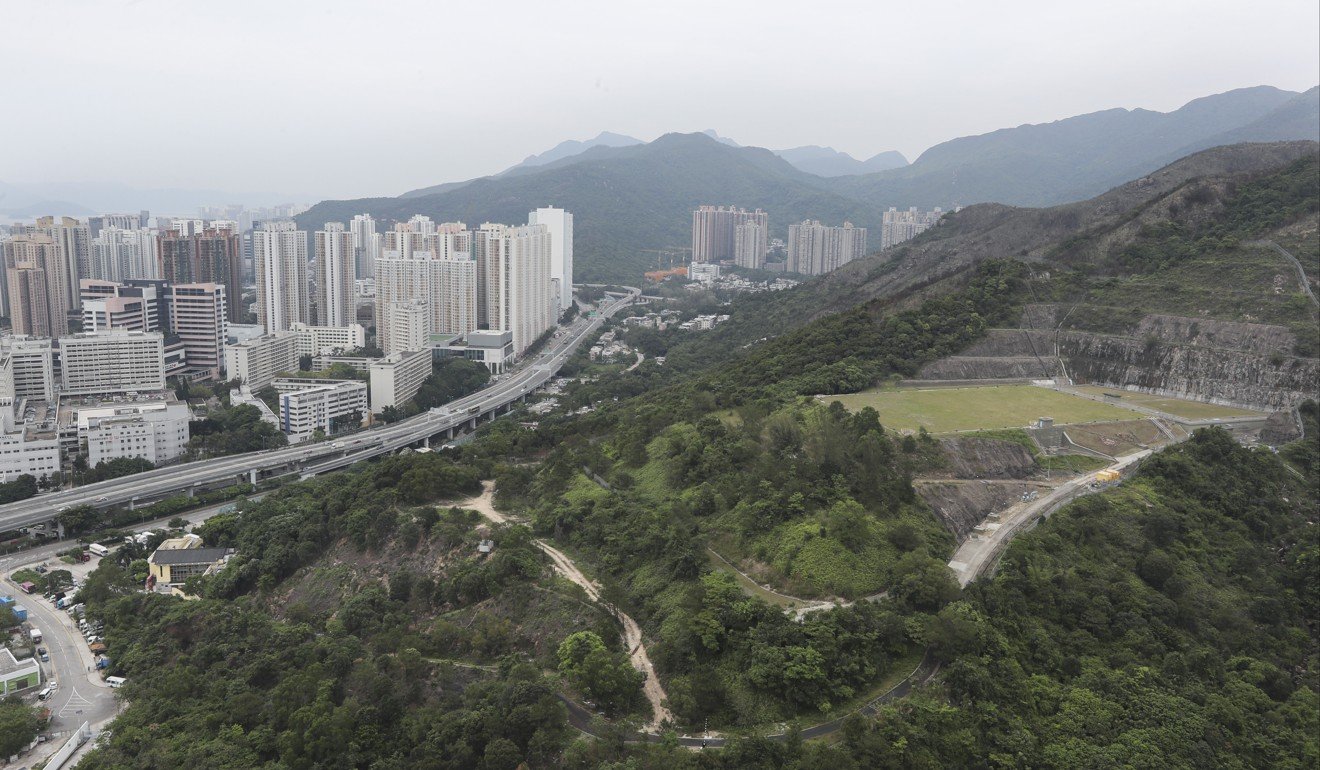
5. Catching up on land supply
Town planning is another area that needs fixing.
“To deal with the perennial land supply shortage, we need to be more aggressive in terms of building new towns,” says Stephen Wong Yuen-shan, deputy executive director and head of public policy think tank Our Hong Kong Foundation.
And according to Wong that means reconsidering large-scale land reclamation to increase land supply.
Deep blue: Hong Kong tumbles to 75th in world happiness rankings, lowest since UN report debuted
Wong says to better utilise existing land or find new sources, the government needs to develop the fringes of protected country parks, use the land reserves of private developers or reclaim more land.
To solve the crisis in the long run, Wong says the government needs to provide those living in public housing with the opportunity to buy their own homes.

6. Make housing accessible
Given that Hong Kong is becoming more and more densely populated, there is an immediate need to offer transitional accommodation to people waiting to get on the property ladder.
Town planner Kim Chan Kim-on urges Hong Kong leader Carrie Lam Cheng Yuet-ngor’s administration to stop dragging its feet and start utilising existing rural areas in the New Territories as they could go a long way towards solving the housing crunch.
“The agricultural land has been rezoned by the government for residential use but the government has yet to get to it,” Kim says. Strengthening infrastructure and transport networks should also come hand in hand, to support such projects.
Hong Kong clinic offers free care and a healthy dose of happiness
7. Elderly care
For 2018, lawmaker Alvin Yeung said the government needs to commit more to improving elderly care, as a quarter of Hong Kong’s population will reach the age of 65 or above in 15 years.
Facing such drastic demographic change, the leader of the Civic Party wants to replace the existing Enduring Powers of Attorney regime with the Continuing Powers of Attorney Bill, which allows the elderly, while they are still mentally capable, to appoint an attorney to take care of their affairs in the event that they become mentally incapacitated.
Yeung believes its effect will be highly beneficial, and the proposed legislation should be tabled this year.
“The bill will enable any Hongkonger, while they are still mentally capable, to entrust affairs relating to personal care and finances to family members or friends they trust if they become mentally incapacitated,” Yeung says.
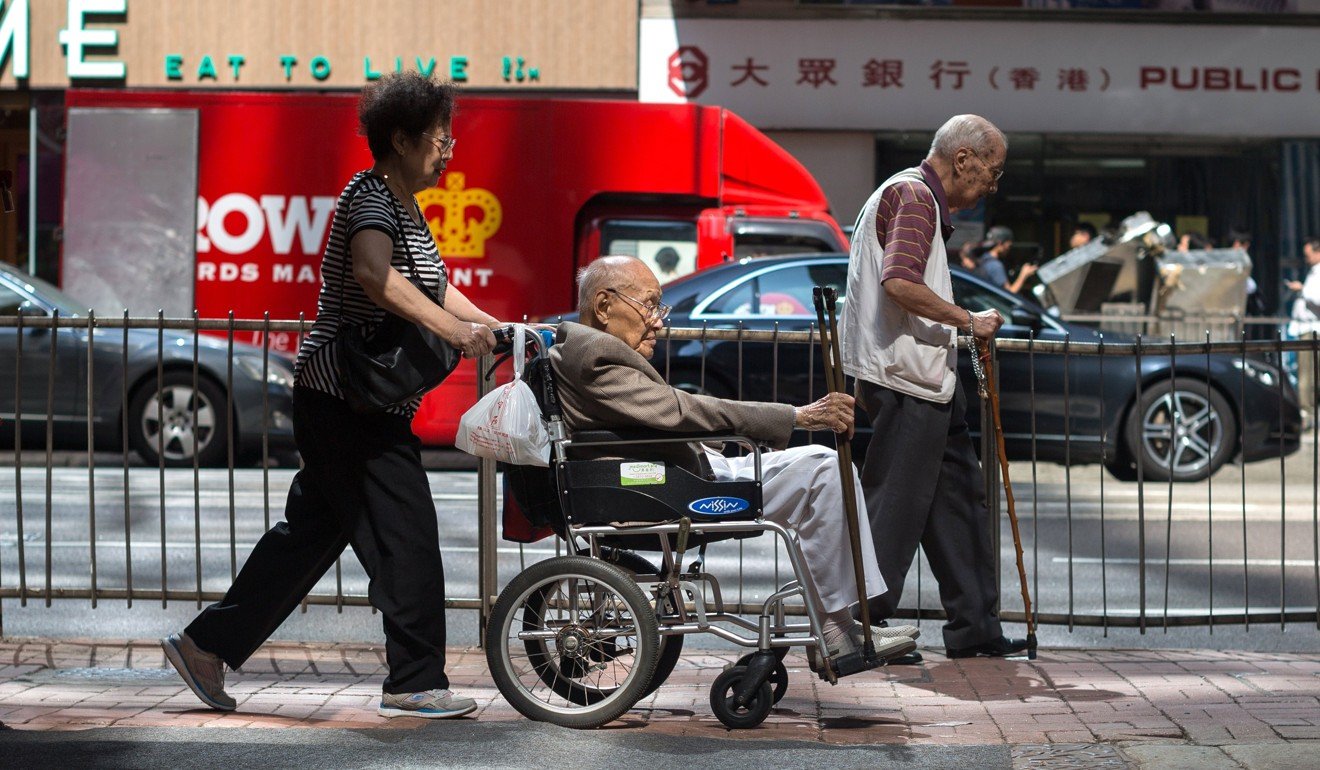
8. Protect minority rights
“Foreign domestic helpers are often seen as one of the most vulnerable groups in the city and this trend should come to an end in 2018,” says Feliza Benitez, chairperson of the Filipino Migrant Workers’ Union.
Benitez demands the government review its policies on foreign domestic workers including on better wages, proper accommodation, legal protection against physical abuse as well as food issues.
At present, it is mandatory to offer either free food or a food allowance to a helper.
“In reality because most employers don’t stay at home during the day, we don’t need to prepare lunch for them, and as a result, many helpers don’t get a proper meal during the day. If there’s some leftover food, we will have something to eat during the day. If not, we have to spend our own money to buy lunch,” she says.
Another item on her wish list is to have a “live out” option.
“We are workers, not slaves. Sometimes living with our employers robs us of personal space, privacy and genuine rest time because it effectively puts us ‘on call’ 24 hours a day,” Benitez adds.

WHAT’S IN THE PIPELINE?
Affordable shared housing
The long-running practice of dividing flats into smaller cubicles and renting them out to poor families has raised concerns about fire hazards and inhumane living conditions. After visiting a family living in a 100 sq ft flat in July last year, housing secretary Frank Chan Fan vowed to make changes by enlisting NGOs to operate government-approved subdivided rental flats.
In September, the Council of Social Service launched the shared housing scheme Community Housing Movement. It is expected to supply 500 flats for 1,000 households that are waiting for public housing and living in poor conditions, over a three-year period. The scheme will involve flats shared by several families on two-year tenancies based on household sizes. The arrangement also takes into account a minimum living area of 7 square metres per person.
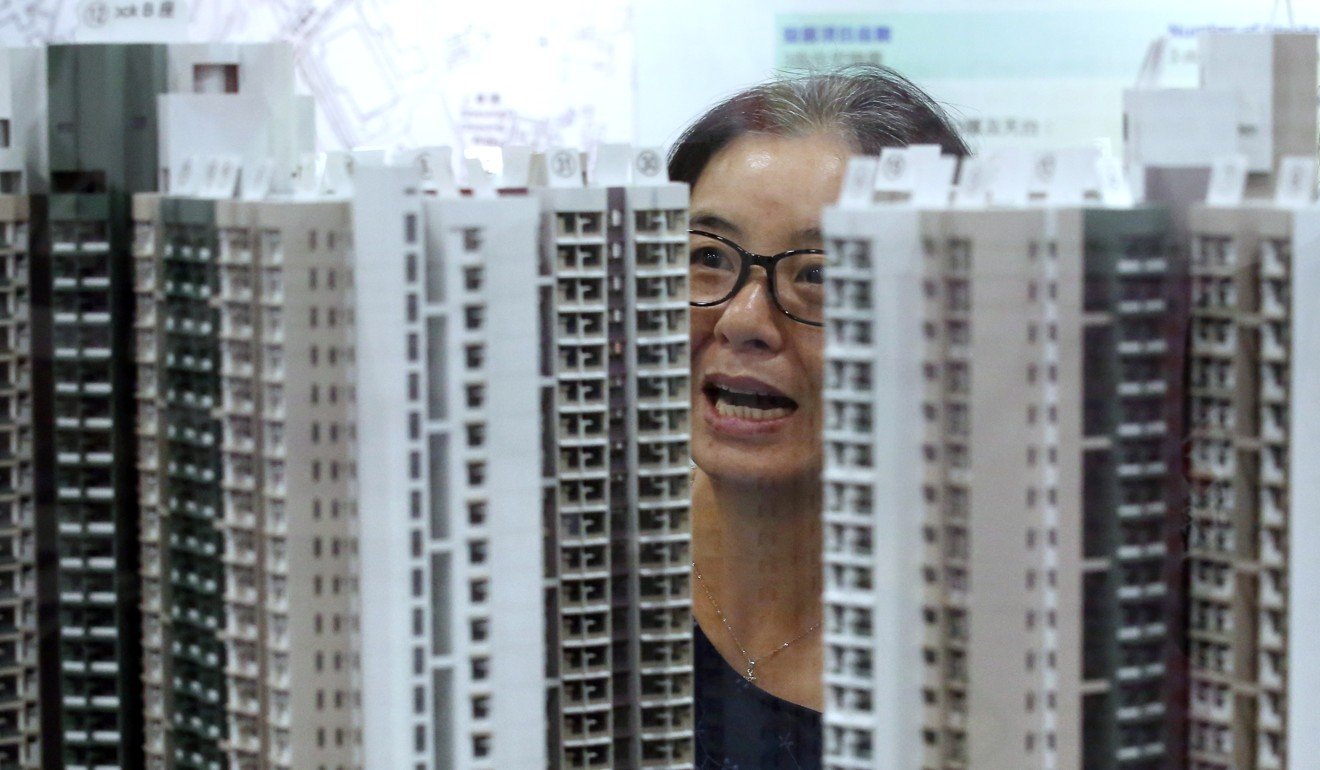
More medical staff, cheaper drugs
A serious manpower shortage in the city’s public hospitals has resulted in medical blunders and long waiting times. But more than 2,000 graduates will register as medical practitioners in the next five years, according to Chief Executive Carrie Lam. Meanwhile, the Hospital Authority will complete its review of the patients’ co-payment mechanism under the Community Care Fund Programme, which aims to alleviate the financial burden on those requiring long-term and expensive drug treatments. It will propose improvements in the first half of this year.
Cleaner country parks
The government removed all rubbish bins from country parks at the end of last year, a move that aims to encourage visitors to take their trash home with them. Leung Siu-fai, director of the Agriculture, Fisheries and Conservation Department has made it clear the rubbish bins will not return.
Leung said he hoped the public would understand and be prepared when going to parks. They should not expect facilities such as rubbish bins and bathrooms to be readily available as is the case in urban areas.
Extra funding for schools
Lam listed education as one of her priorities in her manifesto in 2016, proposing to increase recurrent expenditure by HK$5 billion a year. The most significant item would be an annual HK$30,000 subsidy to students taking full-time self-financing tertiary courses. Students taking eligible undergraduate programmes in mainland institutions would receive HK$5,000 annually.
Although tension between the government and the pro-democracy camp has escalated in the Legislative Council due to other political matters, it is still hoped schools will receive the new resources by the September term.

